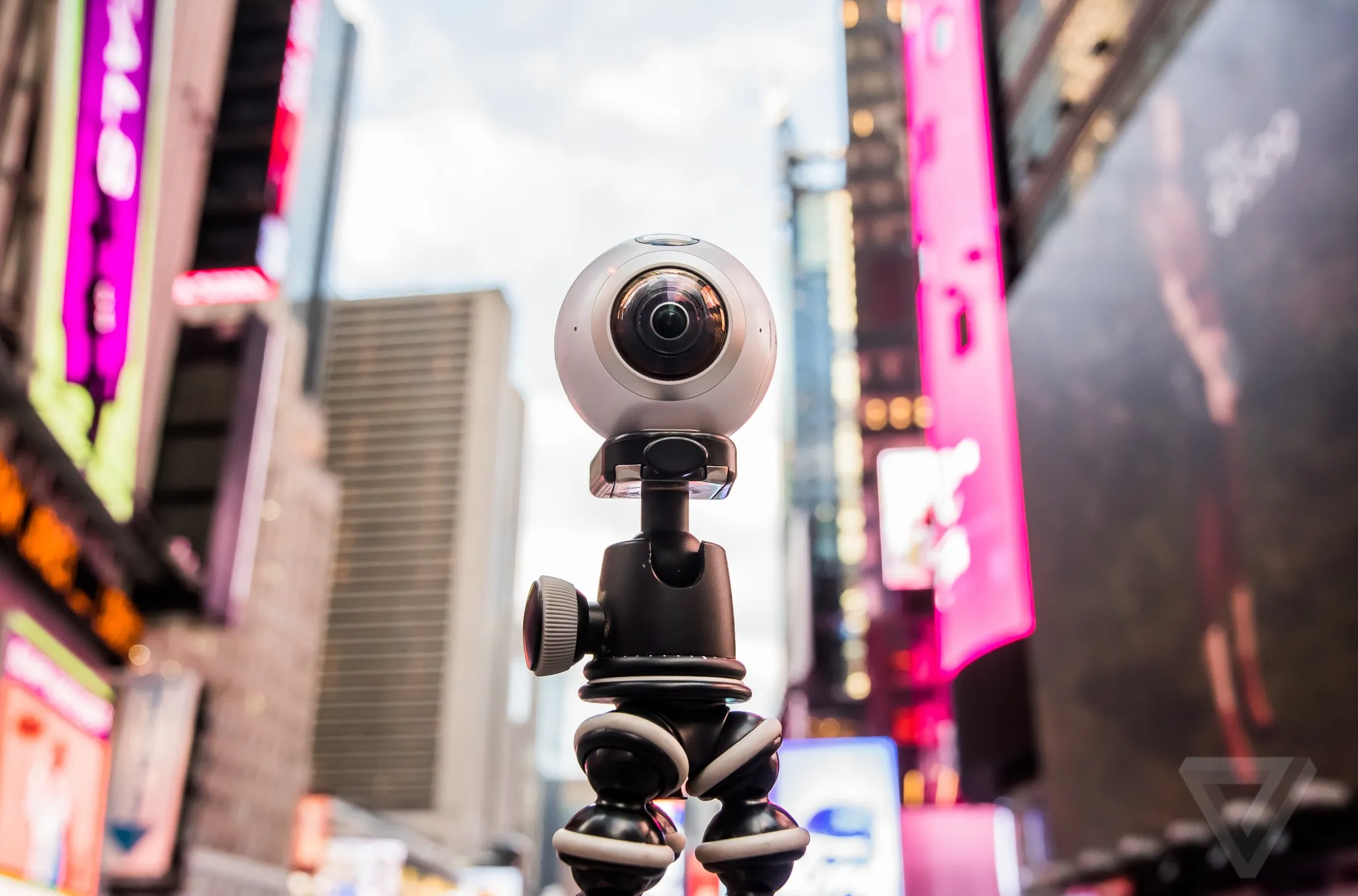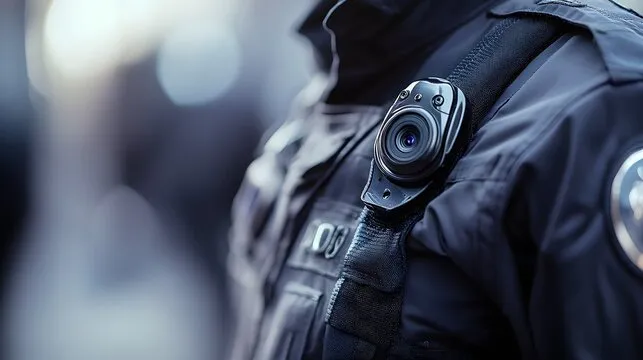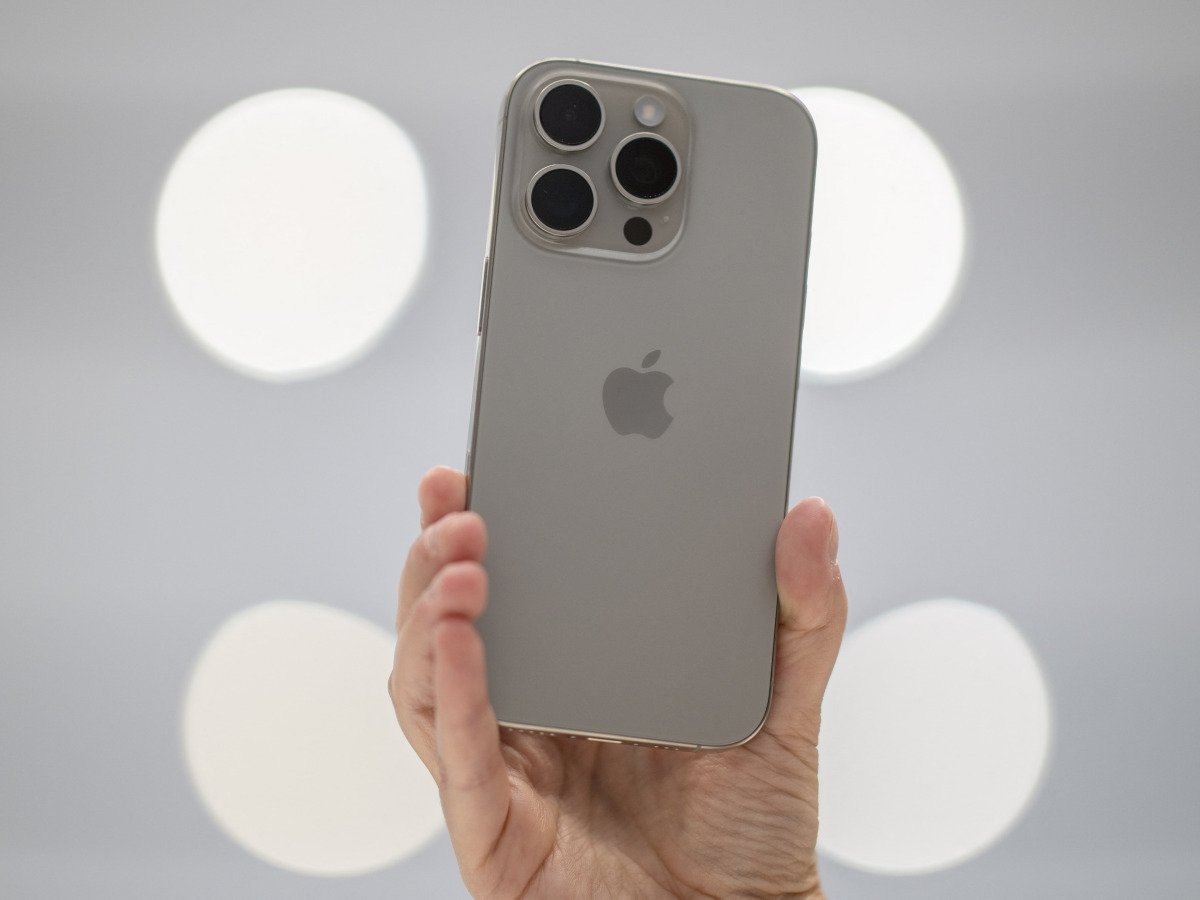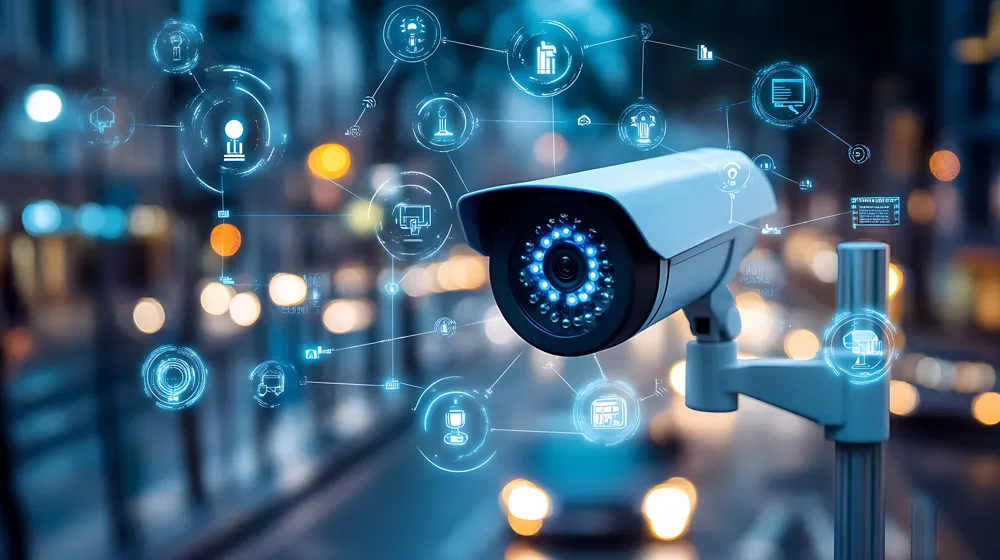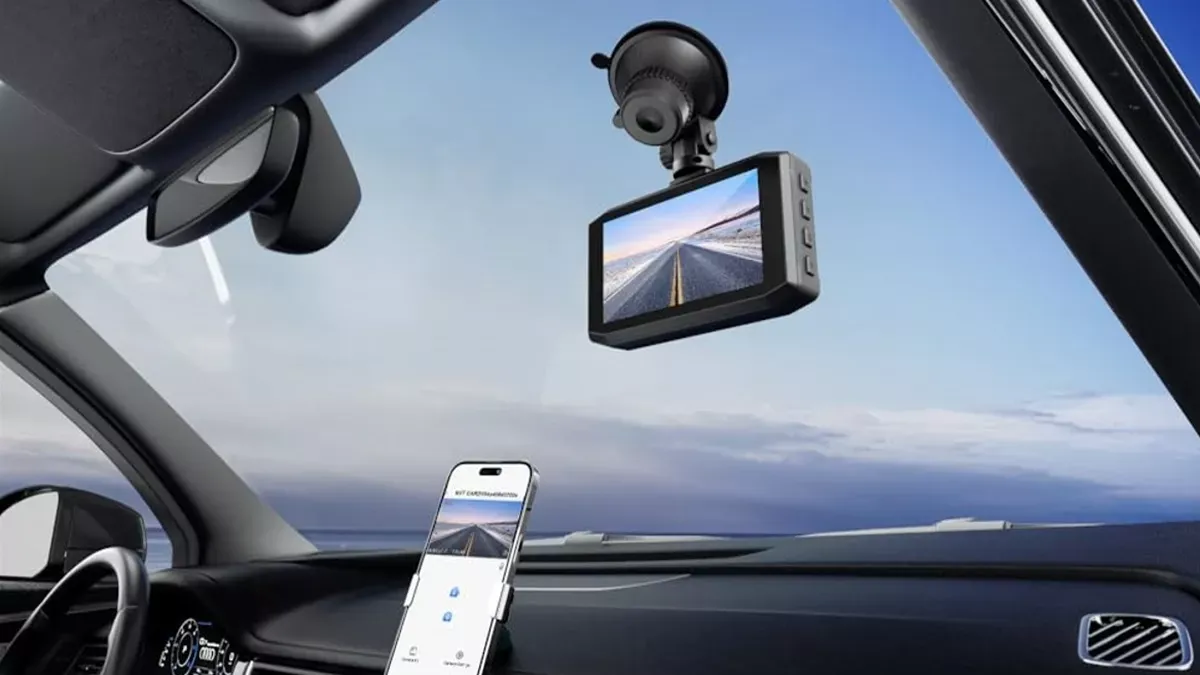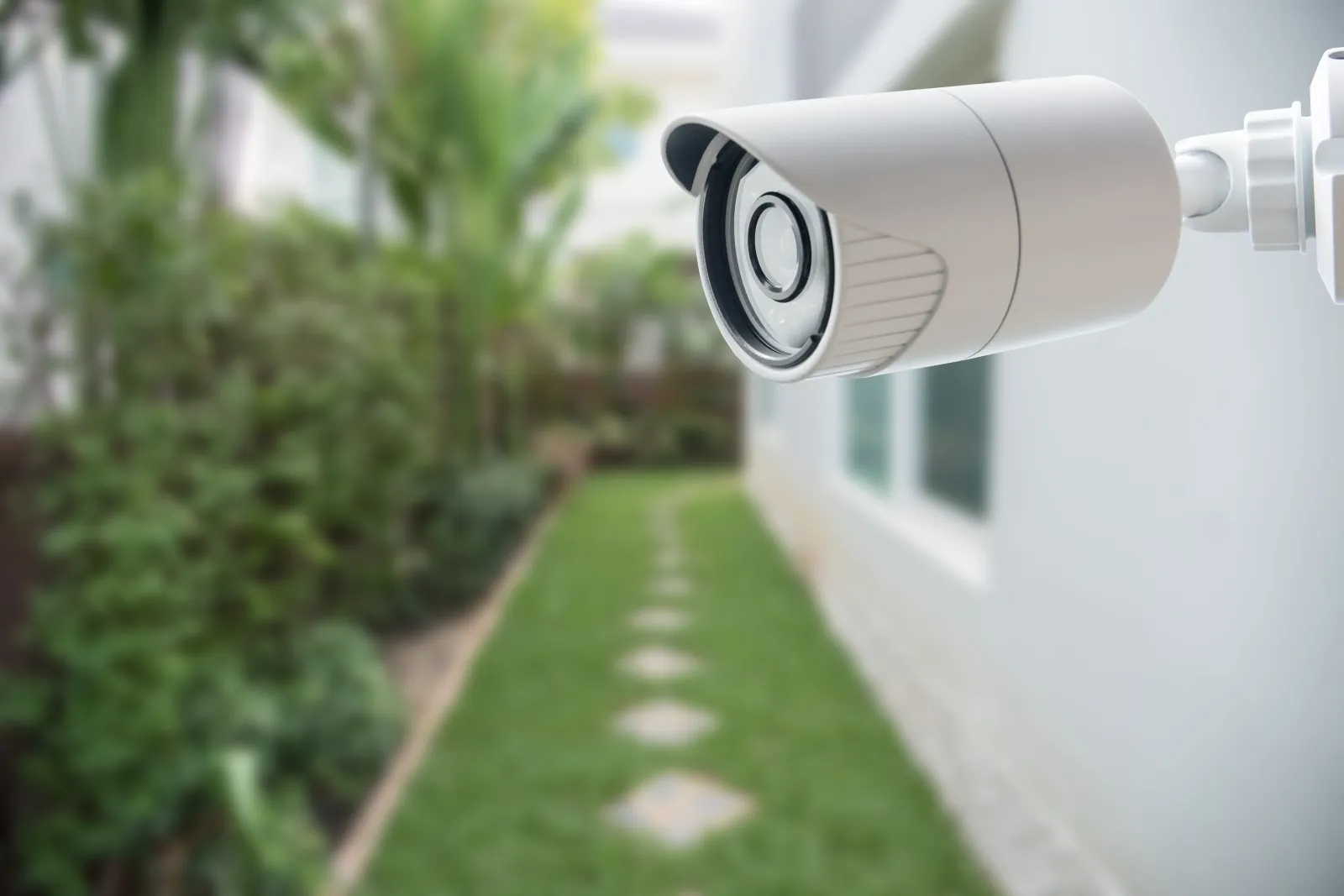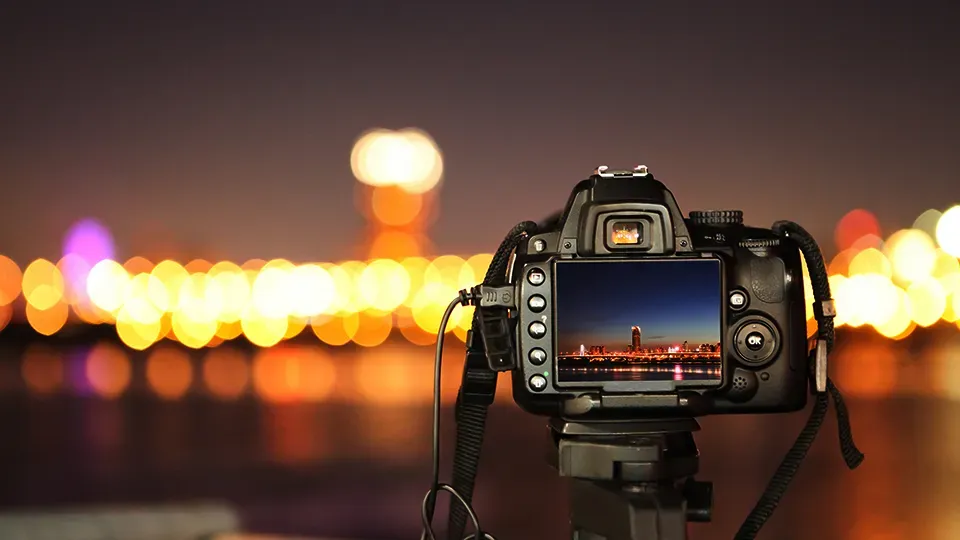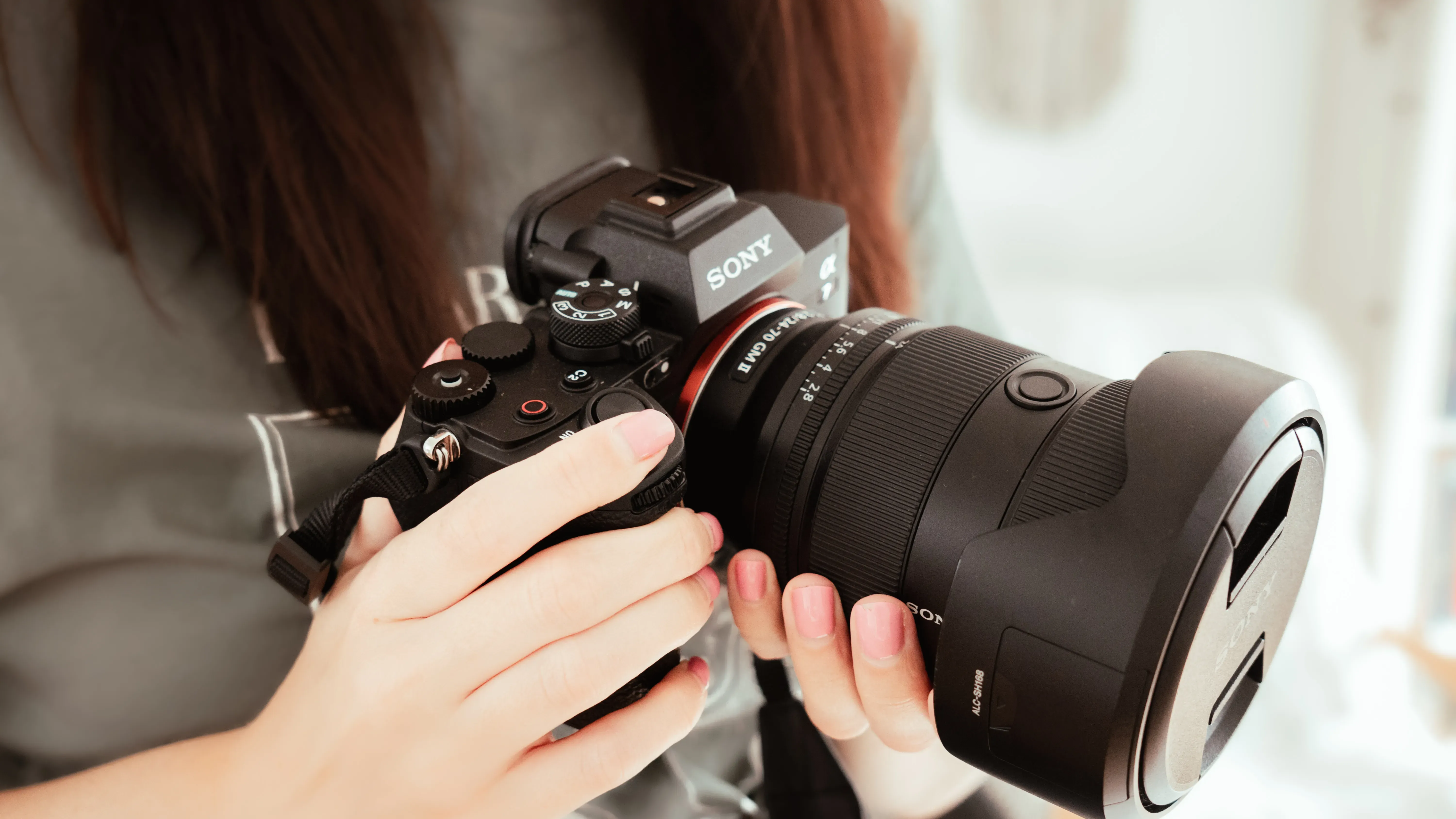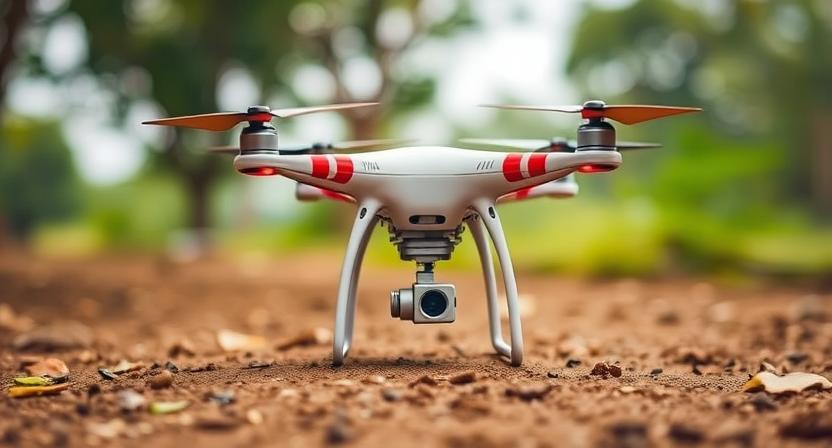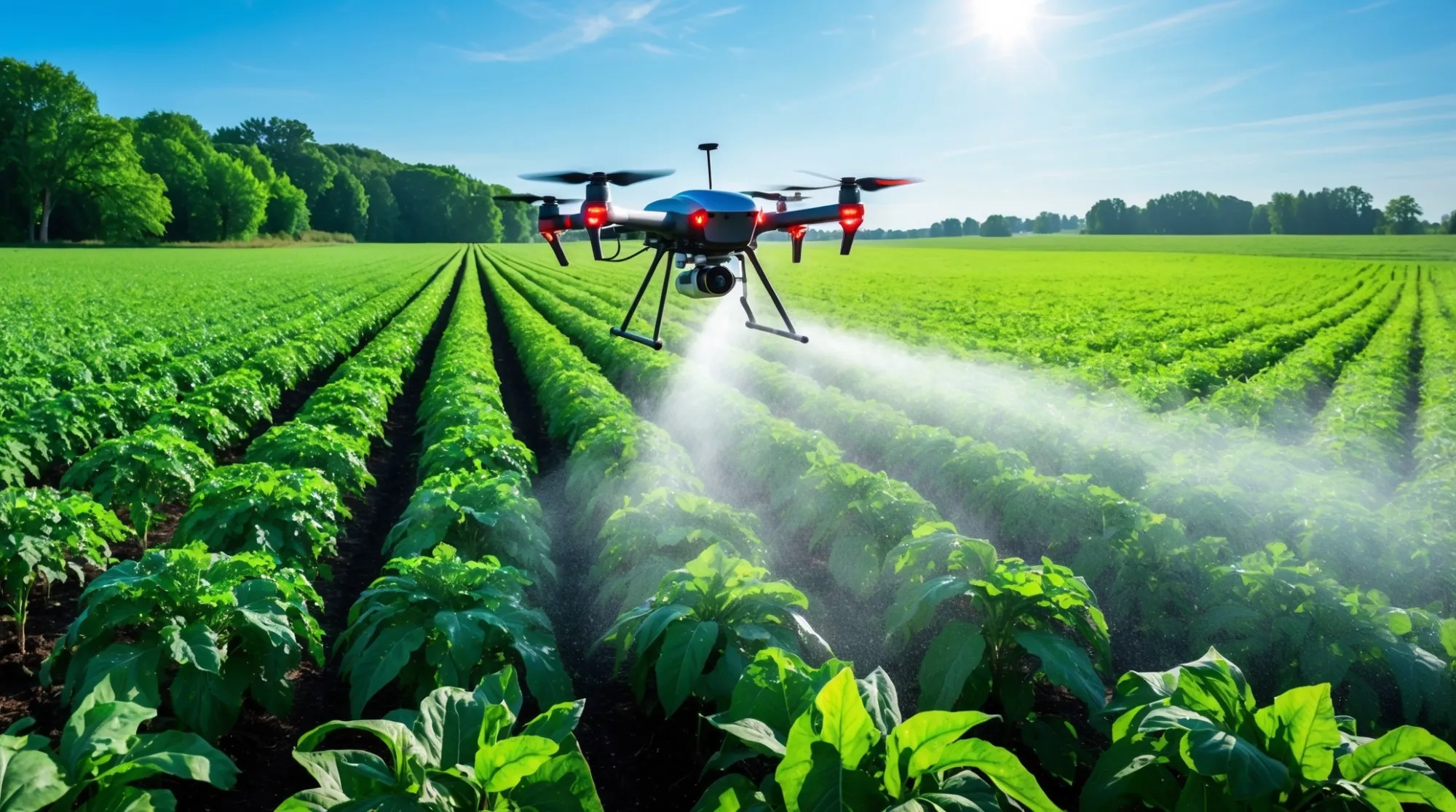Have you ever wanted to capture everything around you in one shot? I sure did! That's why I dove into the world of 360-degree cameras, and what a ride it's been. Today, I want to share my experiences with these amazing gadgets that are changing how we create virtual reality content right here in India.
Getting Started with Indian 360-degree Cameras For VR Content
When I first heard about 360-degree cameras, I thought they were just for tech pros or big companies. Boy, was I wrong! These cool gadgets are now available for everyone in India, and they're not as hard to use as I thought. A 360-degree camera captures everything around it - up, down, left, right, front, and back. It's like having eyes everywhere! With these cameras, I can make VR content that lets my friends feel like they're standing right where I was.
What Makes 360-degree Cameras Special?
These aren't your regular cameras. Here's what makes them awesome:
- They take pictures of everything around them at once
- They let you create virtual reality experiences
- You can look in any direction when viewing the photos or videos
- They're getting cheaper and better every year
Popular 360-degree Camera Brands in India
When I started looking for a good camera, I found several brands available in India:
- Insta360
- GoPro
- Ricoh
- Kandao
- Samsung
My Experience with the Insta360 X3 price in India
One of the first cameras I tried was the Insta360 X3. This little powerhouse costs around 40,000-45,000 in India. Is it worth it? I think so!
The X3 has two lenses that work together to capture everything around you. It's about the size of a candy bar, so I can easily carry it in my pocket. The first time I used it at Marine Drive in Mumbai, my friends couldn't believe how the video showed everything - the sea, the skyline, and all the people around us!
Key Features I Love:
- 5.7K 360-degree video recording
- Waterproof design (great for monsoon season!)
- Easy-to-use touch screen
- Comes with a simple app for my phone
- Stabilization that makes my videos look super smooth
The battery lasts about 80 minutes of recording, which is enough for most of my outings. Charging takes about an hour.
Budget-Friendly Options for Beginners
Not everyone wants to spend 40,000 on their first 360-degree camera. I get it! When I was starting out, I looked at cheaper options too.
The Insta360 ONE RS
This model costs about 25,000-30,000 in India. It's a modular camera, which means you can swap out parts to change what it does. I found this really helpful as a beginner because I could start with basic features and add more later.
Mi 360° Home Security Camera
While not designed for VR content creation, this affordable camera (around 2,500) helped me understand the basics of 360-degree imaging. It's a good way to practice before investing in a proper VR camera.
Using 360 degree Camera Outdoor in Indian Conditions
India's weather can be tough on electronics! From the humid beaches of Goa to the dusty streets of Rajasthan, I've tested these cameras in various conditions.
Tips for Outdoor Shooting in India:
- Dust protection is crucial - I always carry a microfiber cloth to wipe the lenses
- Watch out for extreme heat - My camera shut down once in 45°C weather in Delhi!
- Monsoon preparation - Even waterproof cameras need extra care in heavy Indian rains
- Sun glare - The bright Indian sun can cause lens flare, so try to position carefully
Best Places I've Used My 360 Camera:
- Taj Mahal, Agra - The architecture looks amazing in 360°
- Valley of Flowers, Uttarakhand - Nature surrounds you completely
- Beaches of Goa - Sunset 360° videos are breathtaking
- Holi celebrations - Capturing the colors from all angles is incredible
Creating VR Content with 360-degree Footage
Taking the pictures and videos is just the first step. Here's how I turn my 360° footage into proper VR content:
Basic Editing Software I Use:
- Insta360 Studio (free with most Insta360 cameras)
- Adobe Premiere Pro (for more advanced editing)
- VeeR VR Editor (simple online option)
Simple Steps I Follow:
- Download footage from my camera
- Trim unwanted parts
- Adjust colors and brightness
- Add music or narration if needed
- Export in VR-compatible format
The first time I showed my family a VR tour of my trip to Ladakh, they were amazed! My grandmother felt like she was actually there, seeing the mountains and lakes all around her.
The Future of Insta 360 Camera price in India
I've noticed that 360-degree cameras are getting more affordable in India. Two years ago, a good one would cost at least 50,000. Now, you can get started with around 25,000-30,000.
Price Trends I've Observed:
- Entry-level models have dropped by about 20% in the last year
- Mid-range options offer more features at the same price point
- Premium models still cost 60,000+, but they offer 8K resolution now
- Second-hand market is growing, with good deals on slightly older models
Where to Buy in India:
- Amazon India
- Flipkart
- Reliance Digital
- Croma
- Specialized photography stores in major cities
Comparing Popular Models Available in India
After trying several cameras, I created this simple comparison to help you choose:Budget Options (Under 25,000):
- Insta360 ONE (older model): 20,000-25,000
- Ricoh Theta SC2: 15,000-20,000
- Madv Madventure 360: 12,000-15,000
How I Use My 360 Camera for Different Content
Different situations call for different approaches. Here's how I use my 360-degree camera for various types of content:
Virtual Tours
I've created virtual tours of:
- My college campus for incoming students
- My hometown for relatives living abroad
- Local historical sites for my YouTube channel
Action Videos
The stabilization in modern 360 cameras makes them perfect for:
- Bike rides through the Western Ghats
- River rafting in Rishikesh
- Paragliding in Bir Billing
Family Gatherings
I love capturing family events where:
- Everyone is automatically in the frame
- I can participate while the camera records everything
- We can relive the moment in VR later
Technical Aspects Made Simple
When I first started, all the technical stuff confused me. So here's my simple explanation of how these cameras work:
How 360 Cameras Capture Everything
A 360-degree camera has two or more really wide lenses (called fisheye lenses). Each lens captures more than half of what's around you. The camera then sticks these images together (called "stitching") to make one complete picture of everything around you.
Resolution Matters
For VR content, higher resolution means clearer images. When a 360 image is stretched all around you, having more pixels helps everything look sharp. That's why I recommend cameras with at least 4K resolution for VR content.
Storage Needs
360 videos are BIG files! A 5-minute video from my Insta360 X3 can be about 4-5GB. I always carry extra memory cards and a power bank when I'm out shooting.
360-degree Cameras vs. Traditional Cameras
Some of my friends ask why I don't just use my phone or regular camera. Here's what I tell them:
Advantages of 360 Cameras:
- Capture everything at once - no need to pan around
- Create immersive VR experiences
- Never miss a moment happening behind you
- More creative options for editing later
- Tell better stories by showing the full environment
Disadvantages:
- Lower resolution when viewed as a flat image
- More complex editing process
- Higher cost than regular cameras
- Shorter battery life
- Steeper learning curve
My Learning Journey with Indian 360-degree Cameras For VR Content
I wasn't an expert when I started! Here's how my journey went:
Month 1: The Basics
My first 360 videos were shaky and not very well planned. I was just excited to capture everything! I learned that:
- Placement of the camera is super important
- I should stand farther from the camera than with a regular camera
- Lighting needs to be good from all directions
- I needed to think about what viewers might want to look at
Month 3: Getting Better
After some practice, I started to:
- Plan my shots better
- Use a selfie stick (which the camera can make invisible!)
- Edit my videos to highlight the best views
- Add simple text and graphics
Now: Creating Proper VR Content
These days, I can create:
- Guided virtual tours with narration
- Interactive 360° images where you can click on things for information
- VR experiences that work with Google Cardboard and other VR headsets
- Content that companies are willing to pay for!
Accessories That Make a Difference
The right accessories can make your 360-degree camera even more useful:
Must-Have Accessories:
- Invisible Selfie Stick - The camera stitches it out, making your camera look like it's floating!
- Extra Batteries - I always carry at least two spares
- Fast SD Cards - You need Class 10 or higher to record high-resolution video
- Protective Case - Indian dust and humidity can damage electronics
- Mini Tripod - For stable shots when you're not moving
Nice-to-Have Accessories:
- Underwater housing (for diving beyond the camera's waterproof rating)
- Bullet-time handle (for Matrix-like slow-motion effects)
- GPS remote (adds location data to your footage)
- ND filters (for bright outdoor conditions)
Common Problems and My Solutions
Even after using these cameras for a while, I still face challenges. Here are some common issues and how I solve them:
Problem: Visible Stitch Lines
This happens when the images from different lenses don't blend perfectly.
My solution: Make sure the camera is properly calibrated, avoid having important subjects right at the stitch line, and use the camera's software to fix stitching issues.
Problem: Overheating
In hot Indian summer days, my camera sometimes shuts down from overheating.
Problem: Poor Low-Light Performance
Most 360 cameras struggle in dark conditions.
My solution: Add your own lighting, try to shoot during golden hour, or use post-processing to enhance low-light footage.
Final Thoughts
After two years of using 360-degree cameras in India, I can say they've changed how I capture and share my experiences. From the Insta360 X3 price in India being more accessible than ever to the joy of using a 360 degree Camera Outdoor in our beautiful country, these tools offer something truly special.
If you're thinking about getting one, I say go for it! Start with whatever fits your budget, learn the basics, and soon you'll be creating immersive VR content that puts your viewers right in the middle of your adventures.
Remember, the best camera is the one you have with you. But with a 360-degree camera, you're not just capturing what's in front of you—you're capturing everything around you, preserving moments in a way that future generations can step into and experience for themselves.

